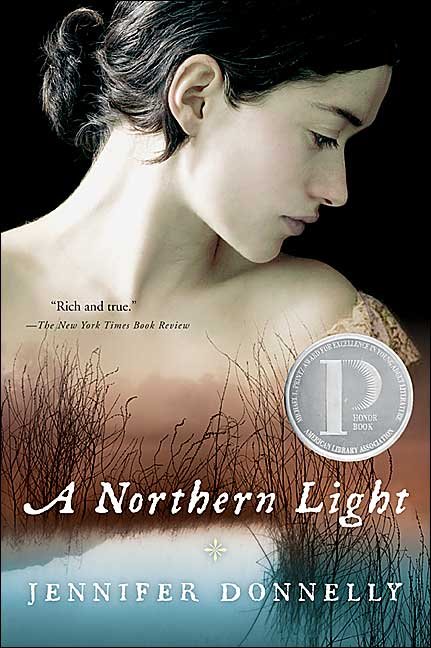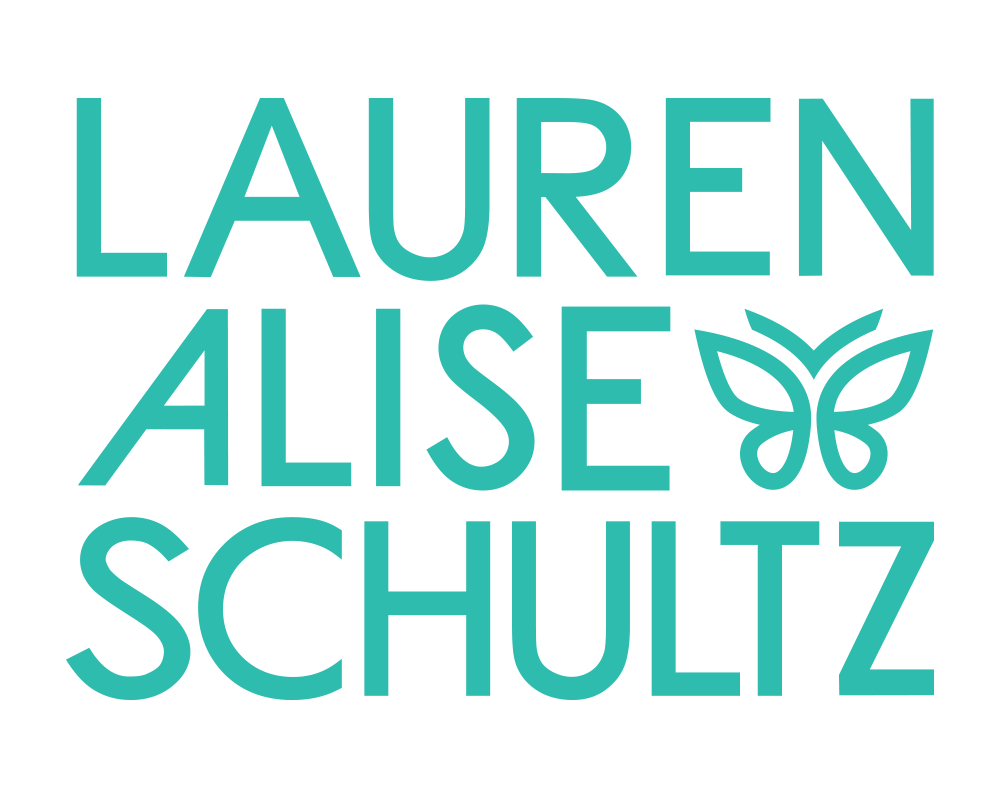A Northern Light by Jennifer Donnelly won the Michael L. Printz Award for Excellence in Young Adult Literature and also came highly recommended from several book bloggers, so my expectations for this novel were high. And let me be clear from the start: it more than met my expectations.
Donnelly’s protagonist is actually the most believable feminist character that I’ve read in a very long time. A poor sixteen-year-old from the Adirondacks, Mattie is a gifted aspiring writer who is faced with a difficult choice: keep the promise that she made to her deceased mother that she would help her pa take care of her younger sisters, or accept a scholarship to study writing at Barnard College in New York City. Her decision is complicated even further by an unexpected romance with a local farm boy, who is physically attractive to Mattie and gives her the attention that she craves, but doesn’t understand her desire to get an education and become a writer. Mattie’s love for her family, her longing to be loved by a man, and her desire to be a writer are all extremely important to her, and so she is tortured by the idea that she must choose between these things.
Too often, feminist narratives (whether fiction or essays) declare that a woman should prioritize her career without acknowledging that loved ones are/should also be an important consideration for both men and women. By portraying Mattie’s struggle to decide whether or not to leave home, Donnelly addresses a conflict that is still extremely relevant to women today, whether they are writers or aspire to another type of career.
It was, however, Mattie’s love of reading and desire to be a writer that made her character particularly interesting and sympathetic to me personally. As an avid reader and writer myself, I was thrilled that Donnelly was able to accurately portray the kind of ache that so many artists and authors feel, as students and lovers of the written word. But Mattie is not a terribly idealistic young artist – she sees the world for what it really is and yearns for literature that is honest with its audience. An experience with one of her schoolteachers disheartens her because the woman wants her to be disingenuous, to portray the world as beautiful and carefree, but the sixteen-year-old Mattie has already witnessed too much unfairness and death:
“Look around yourself, Mathilda,” she said. “At the trees and the lakes and the mountains. At the magnificence of nature. It should inspire joy and awe. Reverence. Respect. Beautiful thoughts and fine words.”
I had looked around. I’d seen all the things she’d spoken of and more besides. I’d seen a bear cub lift its face to the drenching spring rains. And the silver moon of winter, so high and blinding… but I’d also seen the dark of things. The starved carcasses of winter deer. The driving fury of a blizzard wind. And the gloom that broods under the pines always. Even on the brightest of days.
Mattie yearns to express the truth of what she sees, which is something that many people around her do not want to hear. She also yearns to be loved for her honesty, something that most people cannot bring themselves to love. So she is caught between her desire for family and education, love and artistic integrity.
Two of Mattie’s friendships influence her decision of whether or not to attend Barnard in the fall. The first relationship is with another one of her teachers, a married woman living under her maiden name because her poetry has been banned. As Mattie discovers more about her teacher’s identity, her desire to pursue her own education grows despite the fact that it seems quite impossible for her to go to school in the fall. Her friendship with Weaver, a young African American man who is planning to attend Columbia University to become a lawyer, also stirs Mattie’s heart and urges her toward the exciting, unknown life of a college student.
But it is ultimately Mattie’s connection to a young woman, drowned at the resort hotel where Mattie works over the summer, that motivates Mattie to make a decision regarding her future. As Mattie ponders the situation of the dead girl, she is forced to face the idea that love and loneliness can be both pleasurable and painful. She realizes that no matter what she chooses, there will be difficult consequences – and the novel does not offer easy solutions to Mattie’s quandary or simple resolutions to its various subplots. This is why this novel is so important; it is satisfying in its unsatisfying-ness, in its refusal to simplify anything. Being a feminist – and a human being – is an extremely complex undertaking, and this novel is beautiful in the way that it portrays the difficulties of learning to be an unselfish but independent woman.



This website was created with a lot of love, Coke Zero, and tacos by Kumquat Creative.